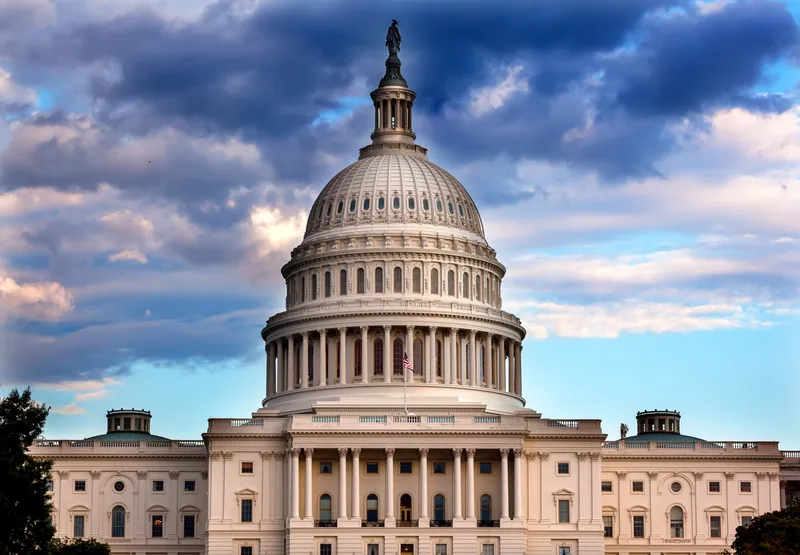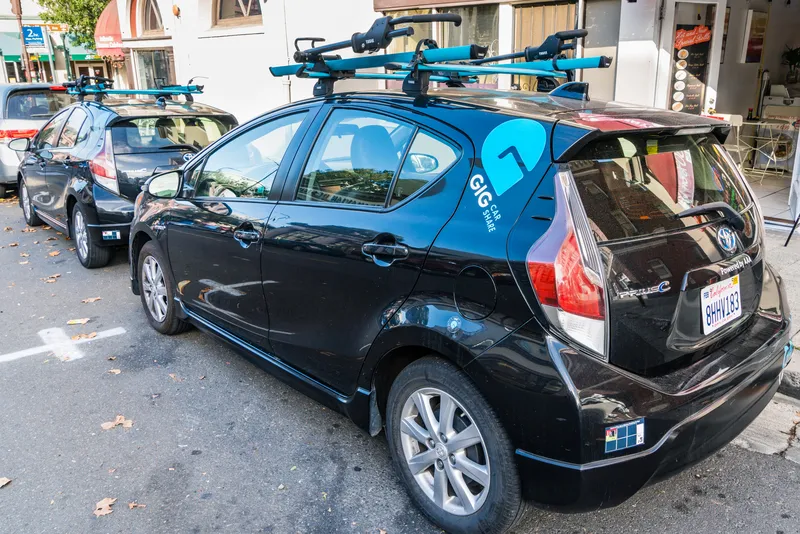
The Fast Act is a decade-long commitment to provide funding for surface transportation infrastructure planning and investment. It authorised $305 billion for highway and motor vehicle safety, public transportation from 2016-20.
Ray LaHood, US Department of Transportation (USDoT) secretary from 2009-13, says: “Reauthorisation is an opportunity to fundamentally improve how our nation invests in transportation. Metropolitan regions are our nation’s economic engines. To remain competitive, they need a strong federal infrastructure investment programme.”
Civic organisations within the alliance - which include the Bay Area Council and Civic Committee of Commercial Club of Chicago - sent a letter to Congress outlining a platform for a transportation package that would reward high-capacity regions with greater funding and flexibility.
Sam Skinner, who was USDoT secretary from 1989-91, says: “We need to build on previous generations’ investments in our roads, rail and transit. By making federal funding more flexible and targeting it to metropolitan areas, we will be able to leverage innovation and get more out of every dollar spent.”
The letter claimed US Congress and USDoT are increasingly limiting competition to less populated states or rural areas and that grant programmes should not be off-limits to large metropolitan areas.
It recognised that cities and regions can help achieve national transportation goals in areas such as congestion and air quality improvement when they can access federal funding and financing directly. The funding programme should reward cities and metropolitan regions that can deliver results with greater funding, the letter added.
The alliance is also calling on funds to be targeted on urban areas to create multimodal solutions via grant programmes that reward congestion-reducing solutions.
Other members involved in the alliance include the Greater Washington Partnership, Massachusetts Competitive Partnership, Metro Atlanta Chamber, Silicon Valley Leadership Group and the Columbus Partnership.









